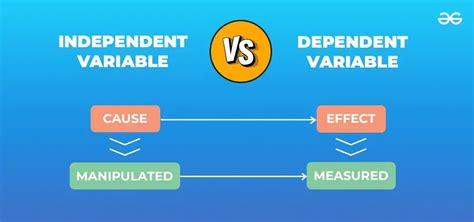Losing friends can be a painful and isolating experience, especially when it seems like it’s happening due to factors within your control. While friendships can end due to various reasons, sometimes it’s the small, seemingly insignificant habits that can drive a wedge between you and your friends. These habits, often referred to as toxic, can erode the foundation of trust, respect, and open communication that friendships are built on. Identifying and addressing these habits is crucial for maintaining healthy, fulfilling relationships.
Understanding Toxic Habits
Toxic habits in friendships can manifest in many forms. They might include consistent negativity, where every interaction leaves the other person feeling drained or unhappy. It could be a lack of empathy, where you consistently fail to understand or acknowledge your friends’ feelings. Sometimes, it’s about being overly critical or judgmental, making your friends feel like they’re walking on eggshells around you. Other habits might involve disrespecting boundaries, not following through on commitments, or prioritizing your own needs and desires above everyone else’s.
The Impact of Toxic Habits
These habits can have a profound impact on your friendships. Friends might start to feel like they’re shouldering the emotional labor in the relationship, constantly trying to uplift or manage your emotions without receiving the same support in return. Over time, this can lead to burnout and a desire to distance themselves from you. Furthermore, toxic habits can create an environment where honest communication is stifled. Friends might avoid bringing up issues or concerns because they fear your reaction or don’t want to deal with the potential conflict.
Fixing Toxic Habits
The good news is that recognizing the problem is the first step towards change. Here are some strategies to help you address and fix toxic habits:
Self-Reflection: Start by taking a honest look at your behaviors and how they might be impacting your friendships. Ask yourself questions like, “Am I consistently negative?”, “Do I listen actively to my friends?”, or “Do I respect their boundaries and opinions?”
Open Communication: Talk to your friends about how you feel and what you’ve noticed. Use “I” statements to express your thoughts and feelings without placing blame. For example, “I feel like I’ve been overly critical lately, and I want to work on that.”
Active Listening: Make an effort to truly listen to your friends. This means not just hearing their words, but also trying to understand their perspective and acknowledge their feelings.
Empathy and Validation: Practice empathy by putting yourself in your friends’ shoes. Validate their feelings, even if you don’t agree on everything. This can help create a safe and supportive environment in your friendships.
Boundary Setting: Learn to respect and set boundaries. Understand that everyone has different comfort levels and needs, and it’s okay to say no or set limits.
Seek Feedback: Ask your friends for feedback on how you can improve. Be open to their insights and suggestions, and work together to find solutions.
Professional Help: If you find it difficult to manage these habits on your own, or if they’re deeply ingrained, consider seeking help from a mental health professional. They can provide you with strategies and support to change your behaviors and improve your relationships.
Conclusion
Fixing toxic habits takes time, effort, and a genuine desire to change. It’s a process that requires patience, self-awareness, and a willingness to learn and grow. By recognizing the habits that might be driving your friends away and actively working to change them, you can cultivate stronger, healthier friendships. Remember, the goal of addressing these habits isn’t to change who you are fundamentally, but to become a better, more considerate friend. With persistence and the right mindset, you can overcome toxic habits and nurture friendships that are fulfilling and lasting.
What are some common toxic habits in friendships?
+Common toxic habits include consistent negativity, a lack of empathy, being overly critical or judgmental, disrespecting boundaries, and not following through on commitments.
How can I identify if I have toxic habits?
+Start by engaging in self-reflection, asking yourself questions about your behavior and its impact on your friendships. You can also ask for feedback from trusted friends or consider seeking the help of a mental health professional.
Can toxic habits in friendships be changed?
+Pros and Cons of Addressing Toxic Habits

- Pros: Improving relationships, increasing empathy and understanding, creating a healthier environment for friendships to grow.
- Cons: The process can be challenging and requires significant personal change, there might be initial resistance from friends who are used to the current dynamics, and it demands a lot of self-reflection and honesty.



